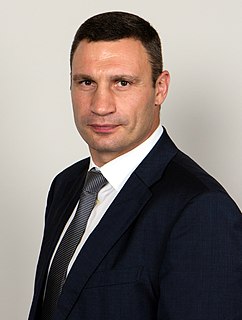Цитата Карла Поппера
Система является эмпирической или научной только в том случае, если она может быть проверена опытом. Эти соображения предполагают, что не проверяемость, а фальсифицируемость системы следует принимать в качестве критерия демаркации ... Эмпирическая или научная система должна иметь возможность быть опровергнутой опытом.
Связанные цитаты
Система Сатурна — богатая планетарная система. Она предлагает тайну, научную проницательность и, очевидно, несравненное великолепие, и исследование этой системы имеет огромный космический охват... просто изучая одни только кольца, мы можем многое узнать о дисках звезд и газа, которые мы называем спиралью. галактики.
Второй возможный подход к общей теории систем заключается в расположении теоретических систем и конструктов в иерархии сложности, примерно соответствующей сложности «индивидуумов» различных эмпирических полей… ведущей к «системе систем». [...] Я предлагаю ниже возможное расположение «уровней» теоретического дискурса ... (vi) [...] «животный» уровень, характеризующийся повышенной подвижностью, телеологическим поведением и самосознанием ...
Правда в том, что явления художественного производства еще так неясны, так загадочны, мы еще так далеки от точного научного и психологического знания их генезиса или смысла, что вынуждены принимать их как эмпирические факты; а эмпирические и необъяснимые имена — это имена, которые подходят им лучше всего.
Аргумент незаменимости говорит (примерно), что если у вас есть достаточно оснований принять эмпирическую научную теорию, которая делает незаменимым использование математики, и эта теория подразумевает, что числа существуют, то у вас есть достаточно оснований признать, что числа существуют. Аргумент подтверждает антецедент этого условного предложения и заключает, что у вас есть достаточные основания полагать, что числа существуют. Что поразительно в этом аргументе, так это то, что он, кажется, показывает, что эмпирических оснований, достаточных для принятия научной теории, также достаточно для принятия метафизического утверждения.
Система отцов всемирной церкви, система духовенства государственной церкви и пастырская система независимых церквей по своей природе одинаковы. Все они николаиты. В Библии есть только братья. Есть дар пастыря, но нет пастырской системы. Пастырская система — это традиция человека. Если дети Божьи не захотят вернуться к тому положению, которое было в начале, что бы они ни делали, это будет неправильно.








































